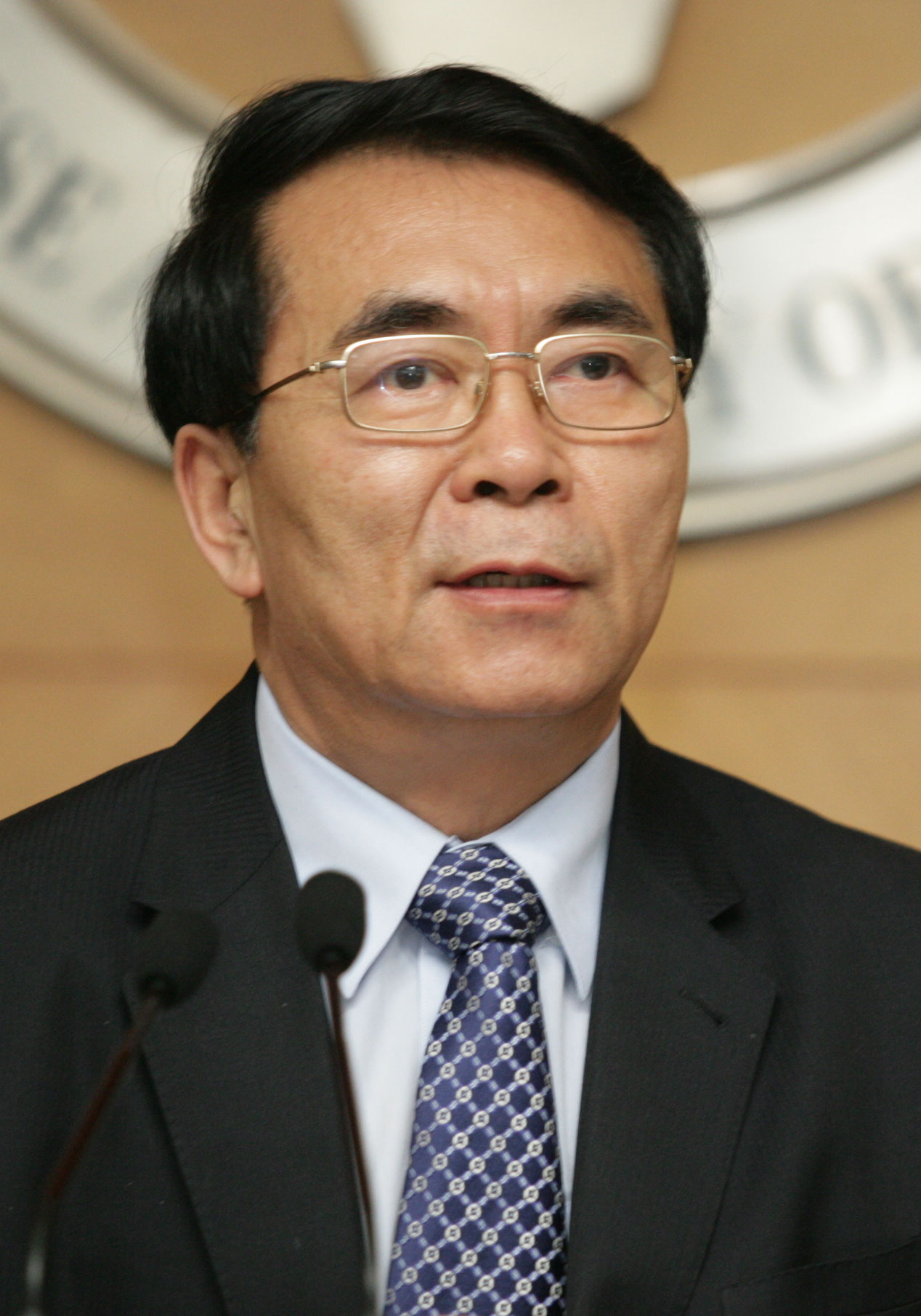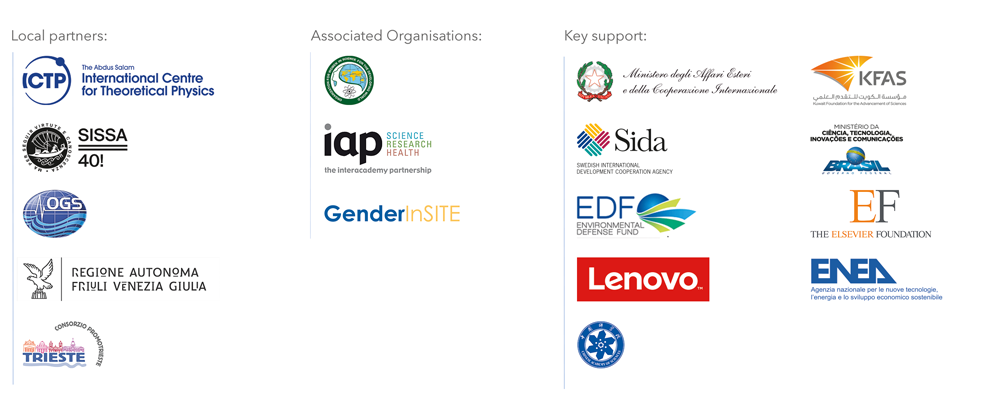The World Academy of Sciences will convene its 28th General Meeting in Trieste, Italy, from 27-29 November, drawing an international audience of researchers and policy experts from both developing and developed regions worldwide.
The meeting will feature lectures by prominent researchers and policy experts, symposia on cutting-edge science, and ceremonies to honour some of the most accomplished scientists in the developing world.
In addition, the Academy will elect a new president and council, and a new class of Fellows whose research has achieved the pinnacle of discovery and impact in scientific fields of importance for the developing world.
 "Every year, the TWAS General Meeting is a celebration of excellence in science from the developing world, and a serious look at the challenges confronting countries both in the North and the South," said TWAS President Bai Chunli, who is also president of the Chinese Academy of Sciences. "With every new meeting, our ability to address those challenges grows stronger."
"Every year, the TWAS General Meeting is a celebration of excellence in science from the developing world, and a serious look at the challenges confronting countries both in the North and the South," said TWAS President Bai Chunli, who is also president of the Chinese Academy of Sciences. "With every new meeting, our ability to address those challenges grows stronger."
This year's meeting marks the Academy's 35th anniversary. Trieste is TWAS's headquarters city, and many Italian and international partners will join to reinforce the networks that have been essential for its success.
Indeed, Trieste is recognised as an influential European city of science, with local institutions working internationally in fields such as physics, biotechnology and astronomy. Three Trieste scientific institutions are providing important support for the meeting: the Abdus Salam International Centre for Theoretical Physics (ICTP), Italy's National Institute of Oceanography and Applied Geophysics (Istituto Nazionale di Oceanografia e di Geofisica Sperimentale, or OGS) and the International School for Advanced Studies (SISSA).
Officially, 2018 marks the 14th General Conference and 28th TWAS General Meeting. Business sessions will be held on Sunday 25 November and Monday 26 November. These sessions will include the election of new TWAS president to succeed Bai and a new TWAS Council to serve from 2019-2021; the election of 2019 TWAS Fellows; and meetings of the TWAS Gender Advisory Panel and the TWAS Young Affiliates Network.
The opening ceremony for the meeting will be held at 15:00 on Tuesday 27 November. The ceremony is expected to feature a number of high-level science and policy figures, including Minister Fabrizio Nicoletti from the Italian Ministry of Foreign Affairs and International Cooperation; Flavia Schlegel, assistant director general for natural sciences at UNESCO; Roberto Di Piazza, mayor of Trieste; and Vaughan Turekian, executive director of the Policy and Global Affairs Division of the US National Academy of Sciences.
The opening ceremony will be followed by the announcement of the 2018 winner of the TWAS-Lenovo Science Prize, one of the most prestigious honours for science in the developing world. Winners will also be named for a number of other TWAS prizes and awards.
Tuesday's events will end with a lecture by the winner of the Abdus Salam Medal, named for the Pakistani Nobel Prize laureate who led efforts to establish ICTP in 1964 and TWAS in 1983. The winner will be announced at the meeting.
The meeting events are open to registered and invited guests. Most sessions will be held in the SISSA Building on the ICTP campus. More than 300 scientists, policy experts, journalists and others are expected to attend.
On Wednesday 28 November, the winners of the 2017 and the 2018 TWAS-Lenovo Science Prizes will lecture about their work. Those talks will be followed by lectures from two TWAS Medal winners:
- Subra Suresh, an Indian-born researcher renowned for his pioneering work on connections between cell mechanics and human diseases. Suresh is currently president of Nanyang Technological University in Singapore, and previously served as president of Carnegie Mellon University in the United States and director of the US National Science Foundation. He was elected to TWAS in 2004; and
- Hala El-Khozondar of Palestine, who has won worldwide scientific respect for her research on wireless communication, optical communication, optical fibre sensors, renewable energy and other areas. She currently is a professor in the electrical engineering department at the Islamic University of Gaza. She was elected to TWAS in 2011.
Also on Wednesday, a symposium will explore "Breakthroughs in the Science of Stem Cells and Gene Editing".
On Thursday 29 November, a second symposium – sponsored by the Elsevier Foundation – will explore the topic "Data Analytics, Social Media and Sustainability". Winners of the 2016 and 2018 TWAS Prizes also will deliver lectures on their work.
Edward Lempinen


